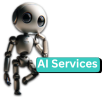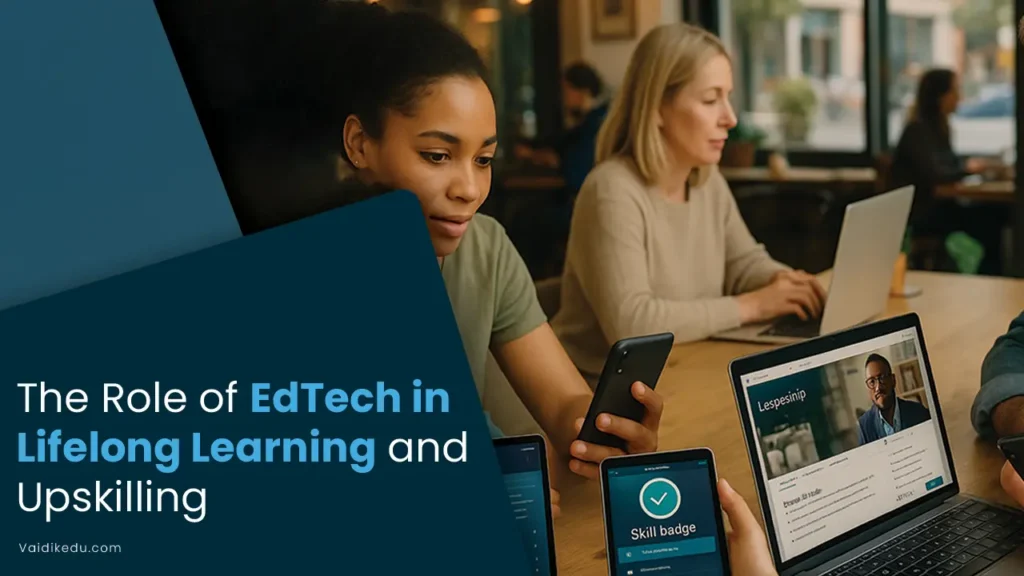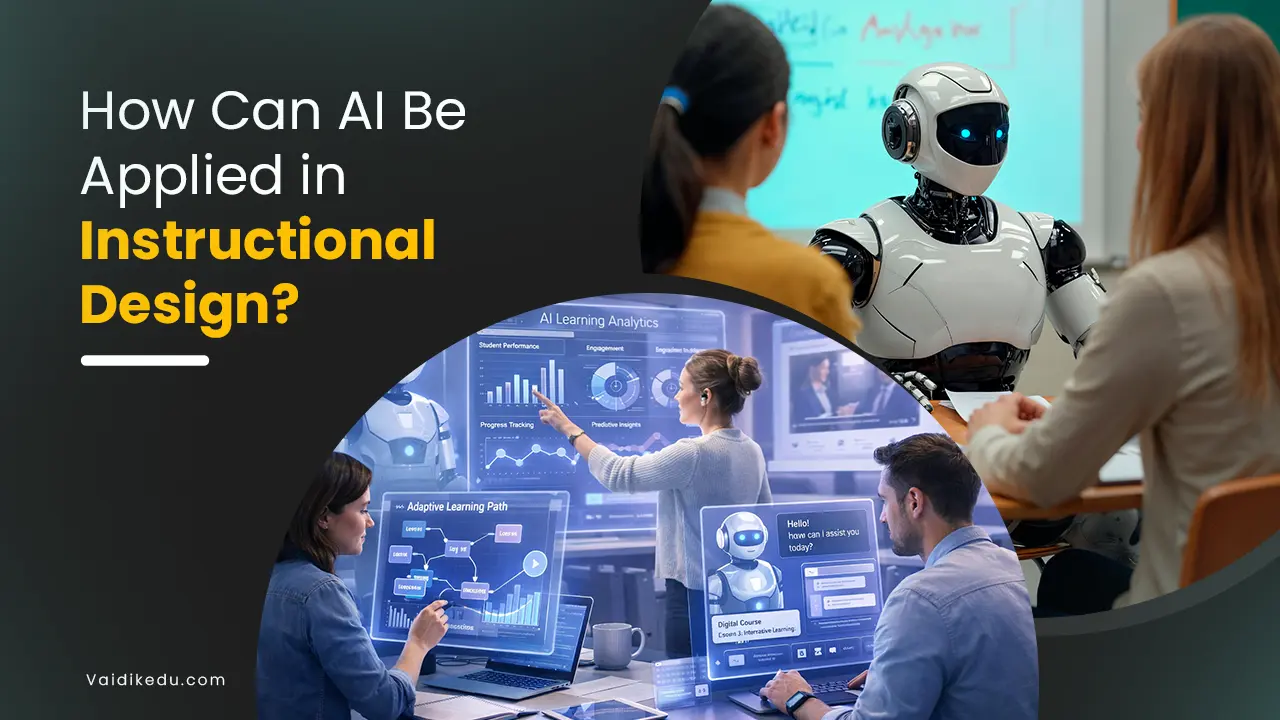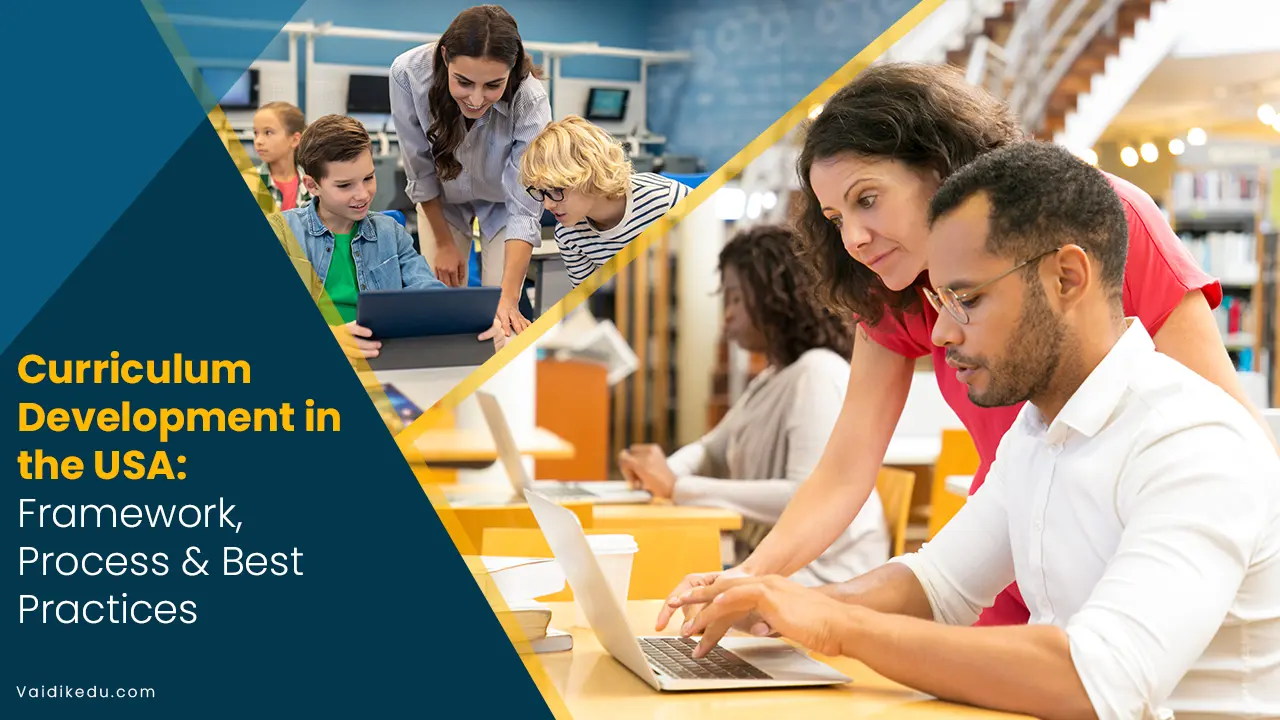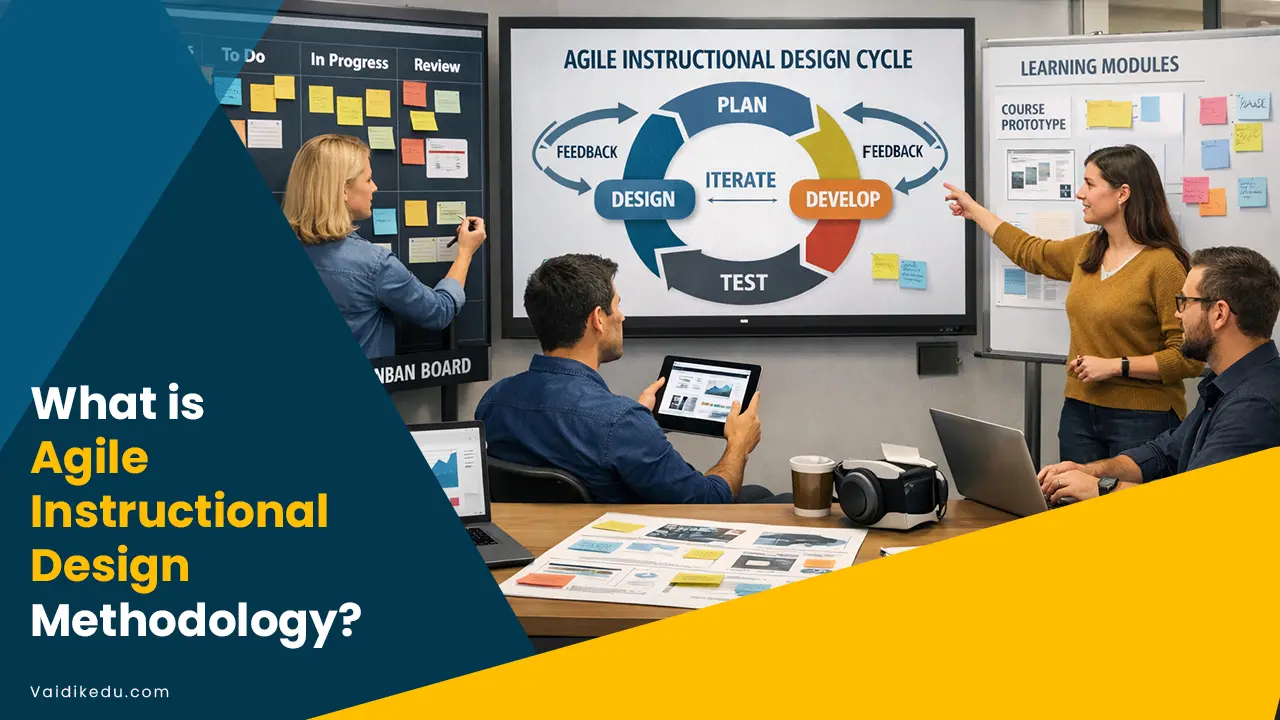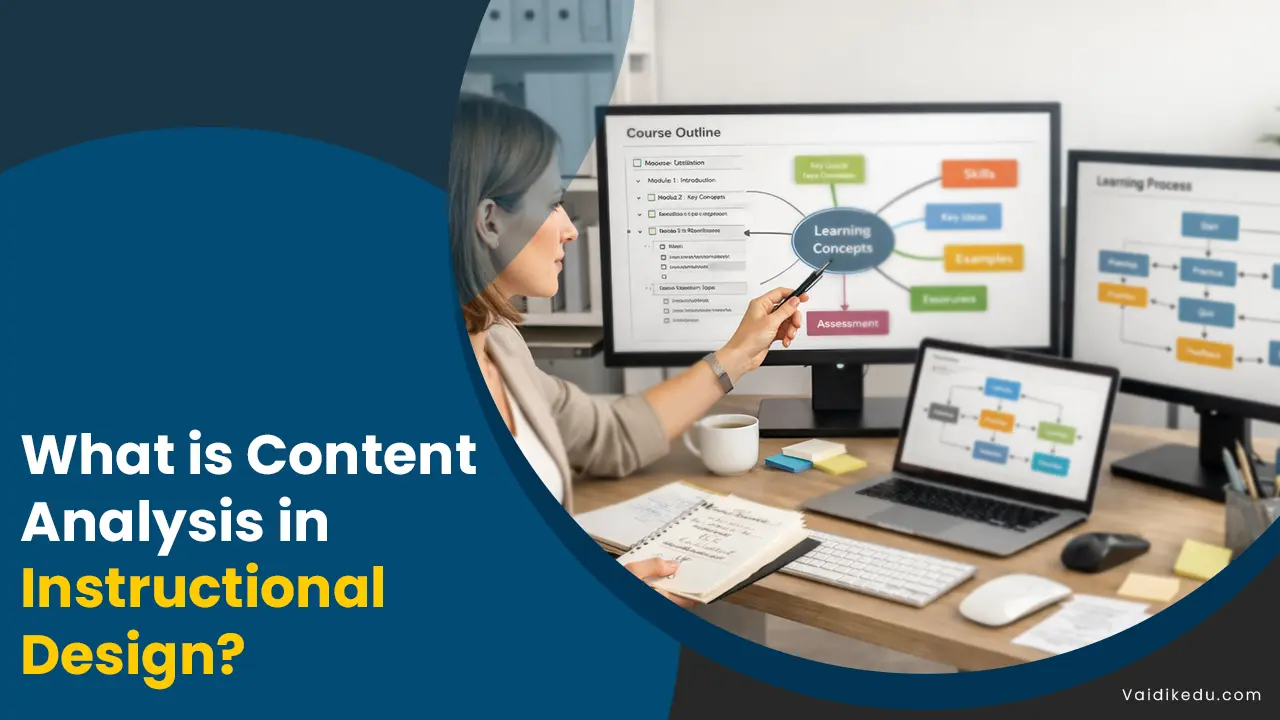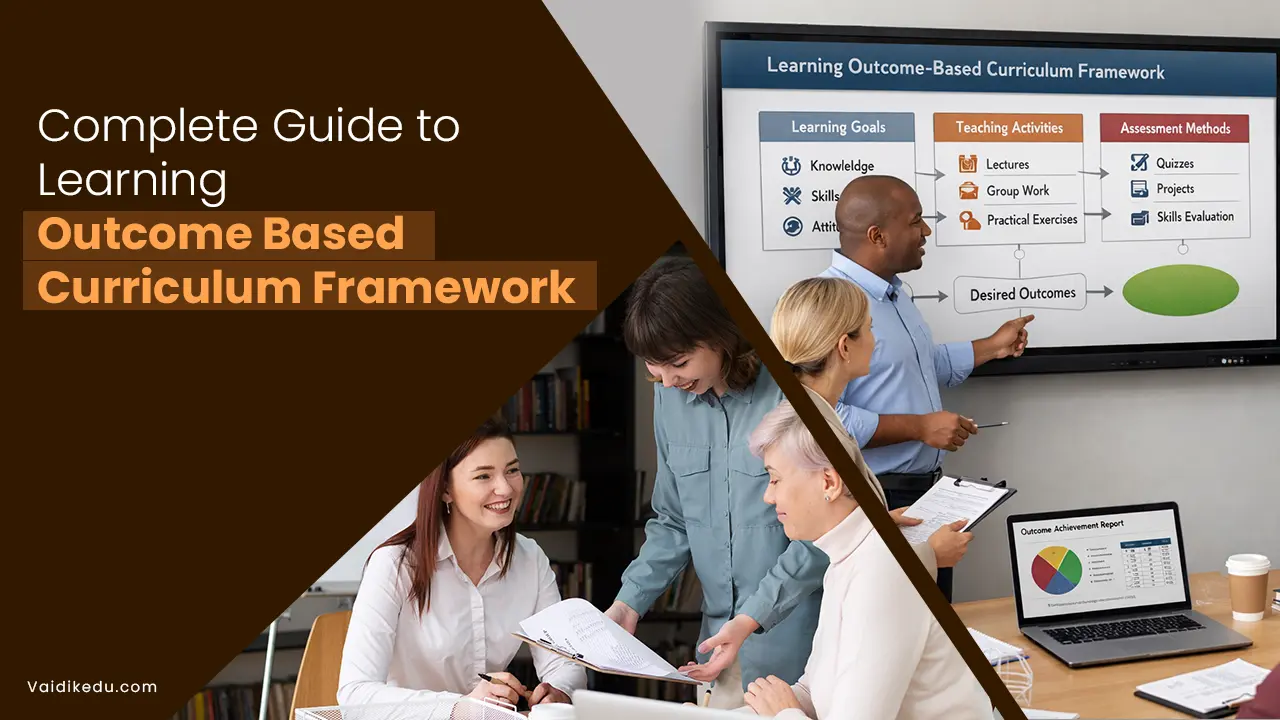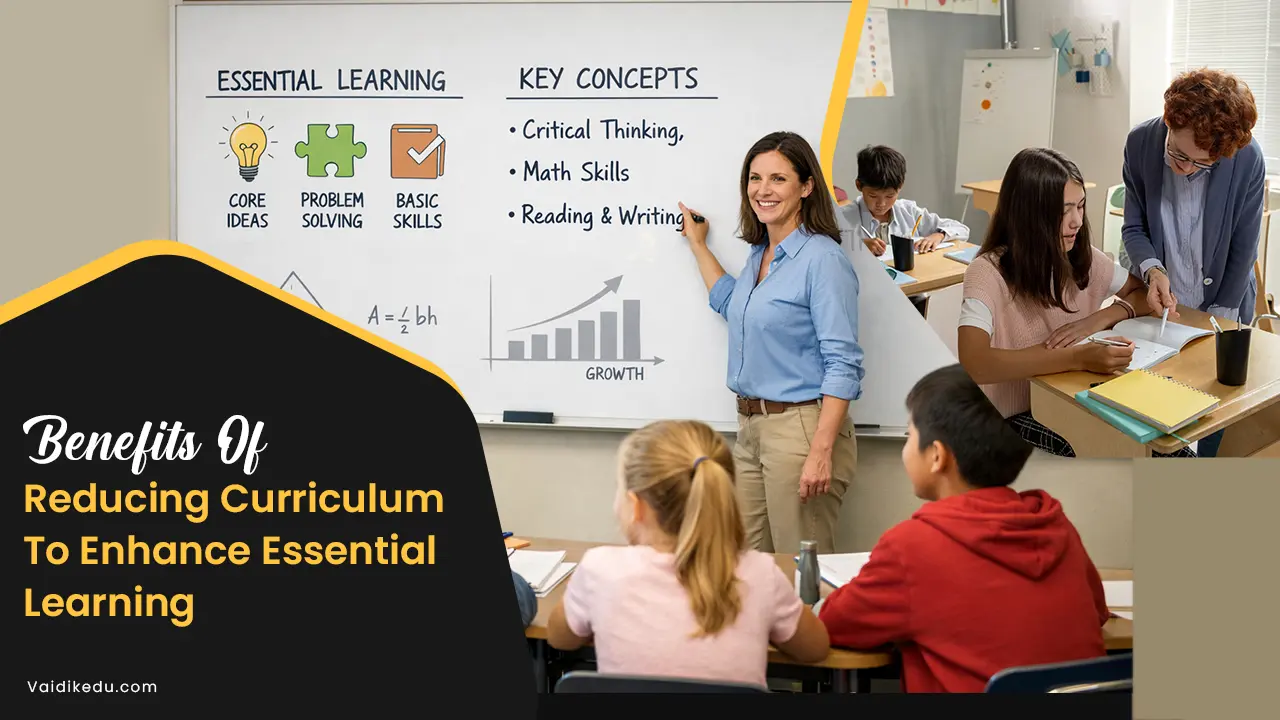In an age of rapid evolution in the 21st century, the traditional model is no longer alive for a fast-evolving and tech-driven economy. Due to constant changes in jobs and workplaces, lifelong learning and reskilling today probably matter just as they did previously.
This is where EdTech (Educational Technology) comes into effect, raising some valuable solutions for lifelong learners or upskillers to facilitate an easy way to learn across the phases of their careers.
Lifelong learning is the voluntary and self-motivated pursuit of knowledge for professional and personal development. At the same time, upskilling involves learning new skills or honing present skills, putting themselves in a better position against jobs that are born.
Today, these will be very important in workforce systems that evolve throughout time as technology, business landscape, and social needs continue to change in today’s world.
Revolutionised EdTech has created digital tools, platforms, and resources to make learning easier by making it accessible, flexible, and personalised while putting responsibility in the hands of the learners.
Further, lifelong learning becomes easier and more productive than impossible by offering interactive learning experiences, online courses, and AI-driven personalized learning content.
This paper explores the transformative roles of EdTech, from freedom for lifelong learning to upskilling. Various technologies will be examined to determine how they change the face of education and provide people with all the resources they need to adapt, grow, and thrive in a rapidly changing world.
Lifelong Learning And Upskilling:
Lifelong learning is an ongoing, self-motivated desire for knowledge and skills over the individual’s lifetime. It stretches beyond formal education and encompasses different learning opportunities, including informal and experiential.
Lifelong learning promotes active engagement with material, new issue adaptation, and personal growth. With the continuing technological advances and the latest industry standards based on emerging technologies, lifelong learning has become a guiding path to exist through sudden complexities and grab new opportunities.
This enables a person to remain competitively active, view innovations, and develop cutting-edge skills to be prepared for rapidly changing trends in different fields.
Upskilling is one of the components of lifelong learning, emphasising learning new skills or improving the old ones to meet the changing requirements of jobs. With the fast pace of change in the workplace today, upskilling allows people to stay relevant and take the chance of being responsible for their futures.
With automation, AI, and technology changing how business operates, individuals must avoid complacency and update their skill sets. Upskilling could be any number of things, from learning new software that is common in the field to learning updated engineering techniques or soft skills such as teamwork and communication.
Lifelong learning and upskilling are the serious means of career development, personal satisfaction, and building flexibility combined with a new sense of possibilities in these times of unprecedented change.
How EdTech Facilitates Lifelong Learning:
EdTech has arrived to advance its frontal role, extending lifelong learning through accessibility, flexibility, and personalisation. Some of its advantages are that it removes barriers to study based on geography, finance, and time and grants people easy access to the content delivered.
Accessibility: allows learning materials to be available anywhere, removing geographical, financial, and temporospatial barriers.
Flexibility: Since executives’ and professionals’ schedules are hectic, flexibility allows the learners to be productive at their own pace.
Personalisation: This method employs AI and machine learning to present personalised material that aligns with the learners’ individual needs, interests, and pace of progress.
Adaptive Learning: This employs individualised assessments of the employees in real-time, presenting instant feedback as lessons addressing their shortcomings.
Mobile Learning: Provides opportunities for on-the-go learning via mobile devices and microlearning through brief study sessions.
Interactive Tools: Blends gaming, simulations, and multimedia that involve the learners and combine fun and learning.
Collaborative Learning: The virtual classroom and collaborative learning space support peer-to-peer collaboration and collective learning.
Engagement And Retention: Interactive and immersive content motivates more, leading to better knowledge retention and understanding.
Ed Tech Tools For Upskilling:
Upskilling emerges as a key part of today’s dynamic working environment. As technology takes over, the needs of the industry change, requiring skill sets that have become the digital equivalent of survival skills.
The Ed Tech Platform has an enormous number of tools and platforms which help people learn methodically and willfully learn skills, which allows them to stay up to date. EdTech tools have made acquiring new skills more affordable, flexible, and engaging than traditional techniques, from interactive courses to AI-powered learning solutions.
Here’s a list of EdTech tools that will change the way people upskill:
1. Online Courses And Platforms: Coursera, Udemy, and LinkedIn Learning serve individuals with industry-specific courses and certifications.
2. Learning Management Systems: Tools like Moodle and Blackboard help organisations and individuals manage learning and track progress.
3. Virtual Labs And Simulations: Technologies like Labster and VR-enabled platforms provide hands-on, situational training in a virtual atmosphere.
4. Microlearning Apps: Apps like Duolingo and Blinkist offer brief, focused lessons ideal for busy professionals.
5. Gamification Tools: Platforms such as Kahoot! Quizizz incorporates elements of game mechanics to create engaging, enjoyable skill-building experiences.
6. Collaborative Learning Tools: Google Workspace and Slack are provided as collaboration tools to facilitate team and peer learning in professional environments.
7. AI-Powered Learning Platforms: AI is also used in learning solutions like Khan Academy and Grammarly, which personalise learning paths and give instant feedback.
8. Content Creation Tools: Canva and Adobe Creative Cloud empower learners with the soft and technical skills necessary for content creation.
9. Coding And Technical Skill Platforms: Codecademy and DataCamp offer enhanced programming, data analysis, and technical skills aid sessions.
10. Blockchain For Certification: These platforms provide securely verified awards using blockchain technology, increasing confidence within upskilling efforts.
The Impact of EdTech on Traditional Education Systems:
EdTech has had a key impact and caused a massive transformation in traditional education systems. It has introduced mechanisms and combined them into a blended learning model, which is a hybrid.
Students using such a hybrid mode of instruction score well with a combination of face-to-face interaction and online convenience. The model allows teachers to employ multimedia, online projects, and interactive tools in their lesson designs that will hook up students.
Another significant impact of EdTech is the democratisation of education. Education was previously relatively rigid and severely restricted by geography and finances.
However, with online learning platforms and virtual classrooms, students in far-flung areas with scant resources can avail themselves of quality education from credible institutions. It breaks the old-fashioned barriers to learning.
This also goes beyond and gives parity for a personalised learning experience, in which the EdTech tools may use AI and data analytics to tailor content and lessons by a specific hodgepodge of needs supplied by the student while considering different paces and learning styles.
EdTech has also changed how educators carry out their roles. Rather than being the sole source of information, teachers have now assumed the role of facilitators, leading students through self-paced, technology-driven learning.
Education Tracking systems (LMS) help educators track student progress, identify areas of concern and provide targeted assistance. The integration of technology has not only made education efficient for students but has also freed teachers to immerse themselves in creative teaching and critical thinking improvement activities.
EdTech has stressed the realisation of working education to highlight lifelong learning. The recommendation of skill-based courses, certificates, and real-life experience in traditional systems has given semblance to the future economy for the students.
The artificial education system is indeed neither replacing nor overrunning the conventional edifice of learning. Instead, it is complementing that system, thus allowing better access, improved efficiency, and adaptability to meet the demands of learners and society.
Challenges And Barriers To EdTech Adoption For Lifelong Learning:
Despite its promise, EdTech has many hurdles to overcome in lifelong learning. Accessibility and digital infrastructure inhibit use, particularly in rural and developing areas, where reliable internet and device accessibility is minimal.
Thus, the digital divide excludes many of the benefits of online learning. The cost of EdTech solutions, some premium courses, certifications, and other devices is too high for many individuals and organisations to afford, creating too high barriers.
Digital literacy is another challenge, as intermediate users might not be ready to handle the vast array of EdTech tools decently. This is especially pertinent for older learners or those with limited exposure to technology.
Challenges of learner engagement and motivation are also present because online learning requires self-discipline and tends to lack the accountability and interaction that in-class modality offers. This seems to lead to more excellent dropout rates in e-learning programs.
Concerns about security, data management, and privacy further impede the acceptance of these technologies. The fear of breaches or mismanagement of users’ names and other once-confidential personal information leaves the EdTech space with an enormous distrust.
The quality and relevance of content can vary considerably, thus making it difficult for learners to find credible and current resources that would meet their requirements for recognition as a recognised practice for end-users in all locales.
Targeting these barriers necessitates improving equity of access to digital infrastructure, affordable solutions, outreach to and development of multimedia and digital literacy among users and the general public, and, lastly, ensuring integrity and safety in providing quality learning for a wide variety of learners.
Frequently Asked Questions
EdTech provides lifelong learning with more access and flexibility as digital tools, platforms, and resources that accommodate different learning needs are established. It allows learners to learn at their own pace, enjoy personalized content, and develop skills through engaging interactive methods.
EdTech offers multiple online certificate courses, online certifications, virtual labs, and AI-based learning platforms specifically concentrated on industry-relevant skills. With EdTech support, professionals therefore remain updated with evolving technologies, close the gap between skills and competencies, as well as adapt efficiently to changing job roles.
Key challenges include a lack of access to digital infrastructure, high costs of EdTech solutions, lack of digital literacy, concerns regarding the security of personal data, difficulty in engagement and motivation of the learners in online learning environments, etc.
EdTech complements conventional education with blended learning methods, personalised content, and interactive tools. It democratizes quality education while providing educators with adequate management tools and preparing learners with lifelong skill development and workforce readiness.

